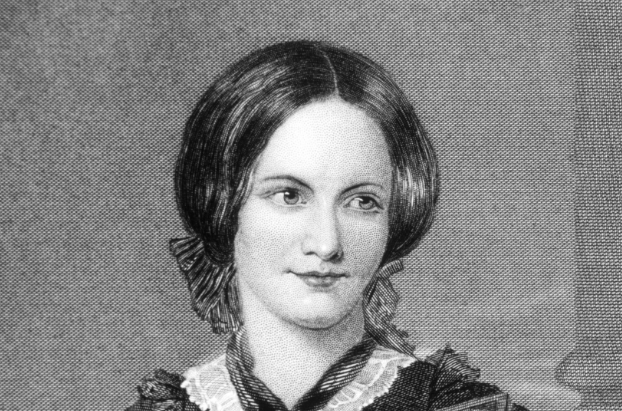The Influence of Jane Eyre on Feminist Writers
The legacy of Jane Eyre extends far beyond its pages; it has shaped feminist literature in profound ways. Charlotte Brontë’s groundbreaking work offers a powerful exploration of a woman’s struggle for autonomy and identity during a time when women’s voices were often silenced. This article delves into how Jane Eyre has inspired generations of feminist writers, paving the way for discussions around gender equality and personal freedom.
The Emergence of Strong Female Characters
One of the most significant contributions Jane Eyre made to literature is the portrayal of a strong, complex female protagonist. Jane’s journey from an oppressed orphan to a self-assured woman stands as a beacon for feminist writers. Authors like Virginia Woolf and Maya Angelou have drawn inspiration from Jane’s resilience and depth. They crafted their characters with similar strength, promoting the idea that women can be both powerful and flawed. This rich characterization opened new doors for women in literature, encouraging writers to break away from traditional roles.
Challenging Societal Norms
Jane Eyre confronts the rigid societal norms of the Victorian era, challenging the expectations placed on women. Jane’s insistence on her self-worth and her refusal to be defined solely by her relationships with men resonate with modern feminist themes. Writers such as Simone de Beauvoir and Toni Morrison have echoed this sentiment, using their work to question and critique societal constraints. The act of asserting one’s identity in a male-dominated world has become a central theme in feminist literature, thanks in part to Brontë’s pioneering narrative.
Feminist Themes of Love and Independence
Another crucial aspect of Jane Eyre is its exploration of love and independence. While Jane is certainly in love with Mr. Rochester, her journey emphasizes the importance of self-fulfillment over romantic attachment. This theme resonates deeply with contemporary feminist writers, such as Chimamanda Ngozi Adichie, who advocate for the need for women to prioritize their own goals and aspirations. By portraying love as intertwined with personal strength rather than a dependency, Brontë’s novel encourages readers to think critically about the dynamics of relationships.
In conclusion, Jane Eyre has made an indelible mark on feminist literature by presenting a multifaceted view of female strength, challenging societal norms, and redefining love. As we continue to explore the themes and messages in Brontë’s work, it becomes clear that her influence on feminist writers is both timeless and endlessly relevant. If you’re inspired to learn more about feminist literature and its roots, consider diving into the rich tapestry of women’s voices in literature; there’s a whole world waiting to inspire you!
